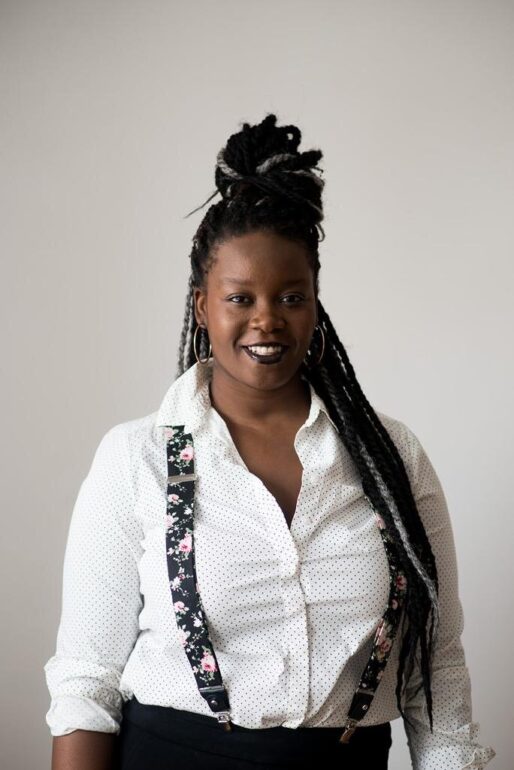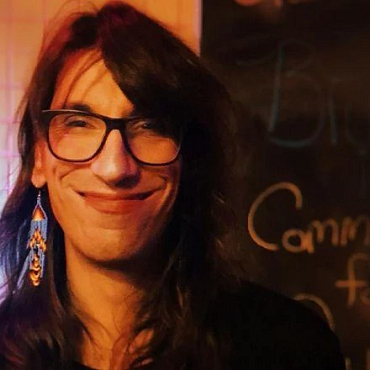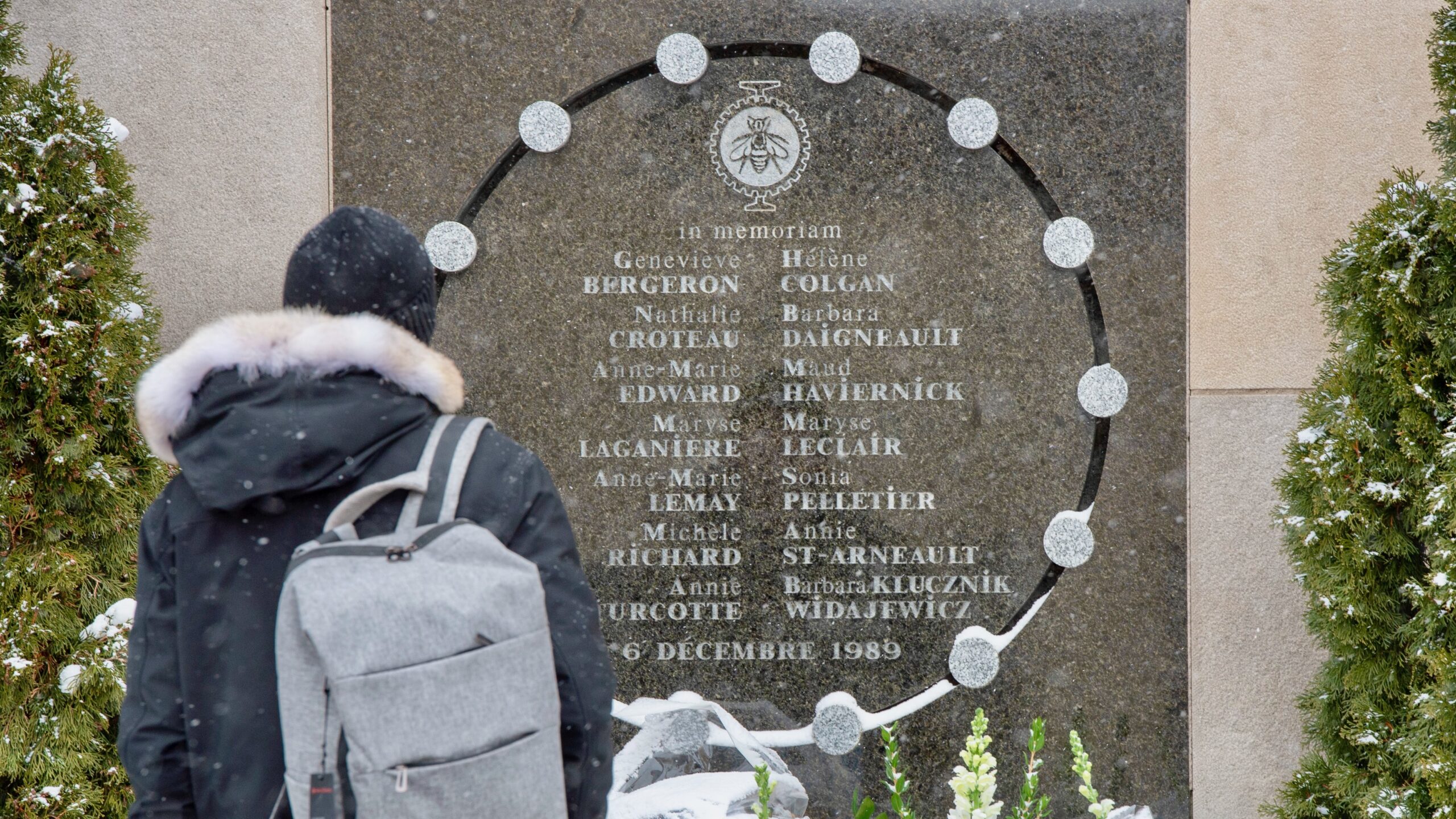A ceremony on National Day of Remembrance and Action on Violence Against Women on Monday noted the minimal changes made by society in dealing with violence against women, and how it affects diverse communities.
Yami Msosa, a black genderqueer person living in the Dish With One Spoon Wampum Treaty territory, couldn’t help to think that this day holds a lot of significance.
“We don’t know how many survivors are in this space who have witnessed different forms of violence,” they said.
Humber College students came together to remember victims of violence and reflect on the diverse community of women and girls, disabled women and LGBTQ+ members who have experienced gender-based violence.
“We’ve been collecting the names of women and girls since 1990, who have been killed due to gender-based violence,” Msosa said. “The number is somewhere formerly in the realm of 1000, although I’m sure it’s much, much higher.
“But only recently have we started to consider gender diverse folks and racialized women,” they said.

Yami Msosa, planted their roots at the Ottawa Coalition to Ending Violence Against Women and for 11 years since then has worked with a number of different organizations. PHOTO CREDIT/YAMI MSOSA
Msosa has spent the last 15 years on Dec. 6 attending vigils against women’s violence, and couldn’t help to think that it has been years of hearing similar narratives towards ending gender-based violence.
“Over those 15 years, it’s been a journey into possibilities of change,” they said. “Whether it be through frontline service work on a provincial level … or turning to post-secondary institutions and looking for solutions there.
“There are many institutions that I have come into contact with over these 15 years, and something to be present within our bodies is that since 1990, much has stayed the same,” Msosa said.
They said it’s important to remember women were not killed just because they were women, but because they were feminists and they believed in gender equality.
Melissa Simas, who works at the Scarborough Women’s Centre, said she believes women with disabilities are often overlooked when it comes to ending violence.
“I’m actively working in the community to promote inclusion of disability, but I also identify as having various disabilities,” Simas said. “I live with a physical disability from birth, and my parents say that I was kind of eager to make my mark on the world.”

Melissa Simas is coordinator at the Scarborough Women’s Centre. She believes women with disabilities are at a higher risk to be victims of violence. Photo credit: Melissa Simas
She said there is a higher rate of women with severe disabilities or women with disabilities who experience violence. A study by DAWN Canada shows that 60 per cent of women with disabilities are likely to experience some form of violence in their lives.
The study also showed persons with disabilities were more likely than those without disabilities to experience domestic violence.
“It’s also important to talk about disability and gender-based violence because we know that unfortunately, women are at risk for becoming injured because of violence,” Simas said. “There are 276,000 Women in Canada, who experienced a traumatic brain injury because of intimate partner violence and that’s per year.”
Seán Kinsella is Centennial’s first Director, the Eighth Fire, who identifies as Two-Spirit queer that has descended from signatories of Treaties Four, Six, and Eight. They spoke about the genocide of Aboriginal peoples, as well as settler colonialism.
Kinsella said the Report on the Royal Commission on Aboriginal Peoples (RCAP) showed the colonial apparatus of Canada.
“The types of genocide, or behaviours I would call it, that Canada has as a state engaged in and has been reinforced by sort of all of the colonial apparatus that Canada has,” Kinsella said.

Seán Kinsella said violence against women and girls should be considered genocide. Photo credit: Centennial College
Kinsella said a 46-page supplemental report about legal analysis of genocide supports the position of “missing and murdered indigenous women in Canada” to be considered a genocide.
They said in the past, Indigenous People were “only were able to call it cultural genocide.
Kinsella said Canadians also must recognize genocide when it targets women and girls.
“It particularly targets women and girls and 2S LGBTQ+ members and settler-colonial structures that are enabled the genocide,” they said. “Then it’s intergenerational. People who are survivors under this effort, caused by that mass violence, we have to also recognize.”

